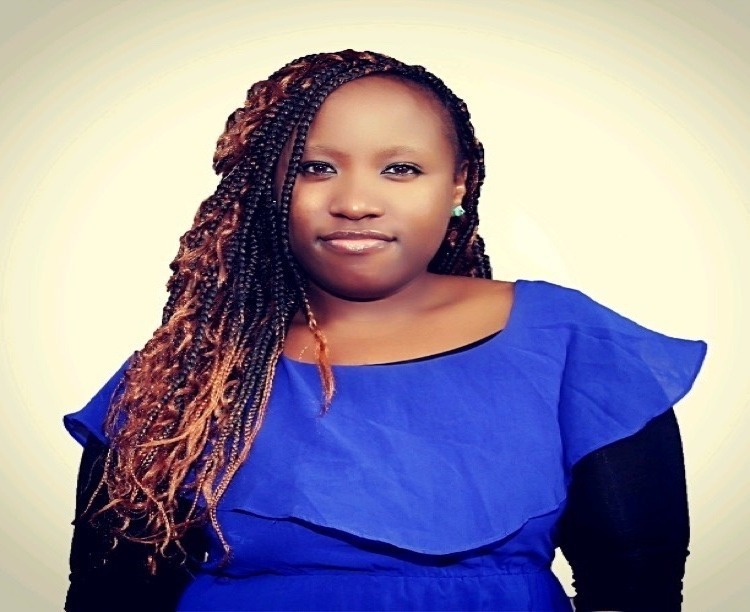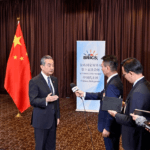Having peaceful protests is important because it is a fundamental right of citizens to express their opinions and grievances through peaceful assembly and protest. Peaceful protests also allow for dialogue and constructive engagement with government officials and other stakeholders to find solutions to the issues being raised.
On the other hand, when they turn violent, this usually leads to injuries, loss of property, and further exacerbate the issues at hand, making it harder to reach a resolution. In the past, youth have participated in protest to voice their concerns, demand change, and hold those in power accountable because of issues encompassing; demand for political change, social justice, raising awareness, solidarity and exercising freedom of speech among other things.
Africa has been experiencing political protests for decades, with various reasons behind them. However, in recent years, there has been an increase in political protests among African youth, with demands ranging from accountability, transparency, and good governance to better economic opportunities, quality education, and access to basic needs. Despite the diverse demands, one common factor among these protests is the use of peaceful advocacy.
Peaceful advocacy is a strategy that aims to bring about change through nonviolent means, such as peaceful demonstrations, civil disobedience, or boycotts. The use of peaceful advocacy has become an essential tool for African youth in demanding change from their governments and leaders. In Kenya, for example, youth-led political protests have been ongoing since the 2017 presidential election, with allegations of voter fraud and electoral malpractices. The protests have been peaceful, with youth using social media to mobilize and spread awareness about their demands.
Similarly, in Nigeria, the #EndSARS protests in 2020, which called for the disbandment of the Special Anti-Robbery Squad (SARS), were largely led by young people. The protests, which lasted for weeks, were peaceful and resulted in the disbandment of SARS. South Africa has also witnessed political protests in recent years, with demands ranging from better access to basic needs to calls for the removal of former President Jacob Zuma. In Tunisia, the 2010-2011 protests, led by young people, resulted in the ousting of President Zine El Abidine Ben Ali, leading to the Arab Spring.
Despite the success of peaceful advocacy in achieving change, there are still challenges faced by African youth in their pursuit of peaceful protests. Governments often respond to peaceful protests with repression, using excessive force and arbitrary arrests to silence dissenting voices. In some cases, governments have even shut down internet access or social media platforms to prevent the spread of information and organization of protests. Additionally, there is a need for more inclusive and representative leadership in Africa. Young people often feel marginalized and excluded from decision-making processes, which can lead to feelings of frustration and disenfranchisement.
By empowering young people and giving them a seat at the table, governments can create more inclusive policies that address the needs and concerns of all citizens. To promote peaceful advocacy among African youth, there needs to be a focus on education and awareness-raising. Young people need to understand their rights and the importance of peaceful protest in bringing about change. This can be achieved through civic education programs and engagement with civil society organizations.
Peaceful advocacy among African youth is possible and has been demonstrated in numerous instances. By embracing peaceful advocacy, young people can bring about change and hold their governments accountable while avoiding violence and further exacerbation of issues. It is important for governments to listen to the demands of their youth and work towards creating inclusive policies that address the concerns of all citizens.
Mary Yvonne is Chief Operations Officer at Epuka Ugaidi organization





